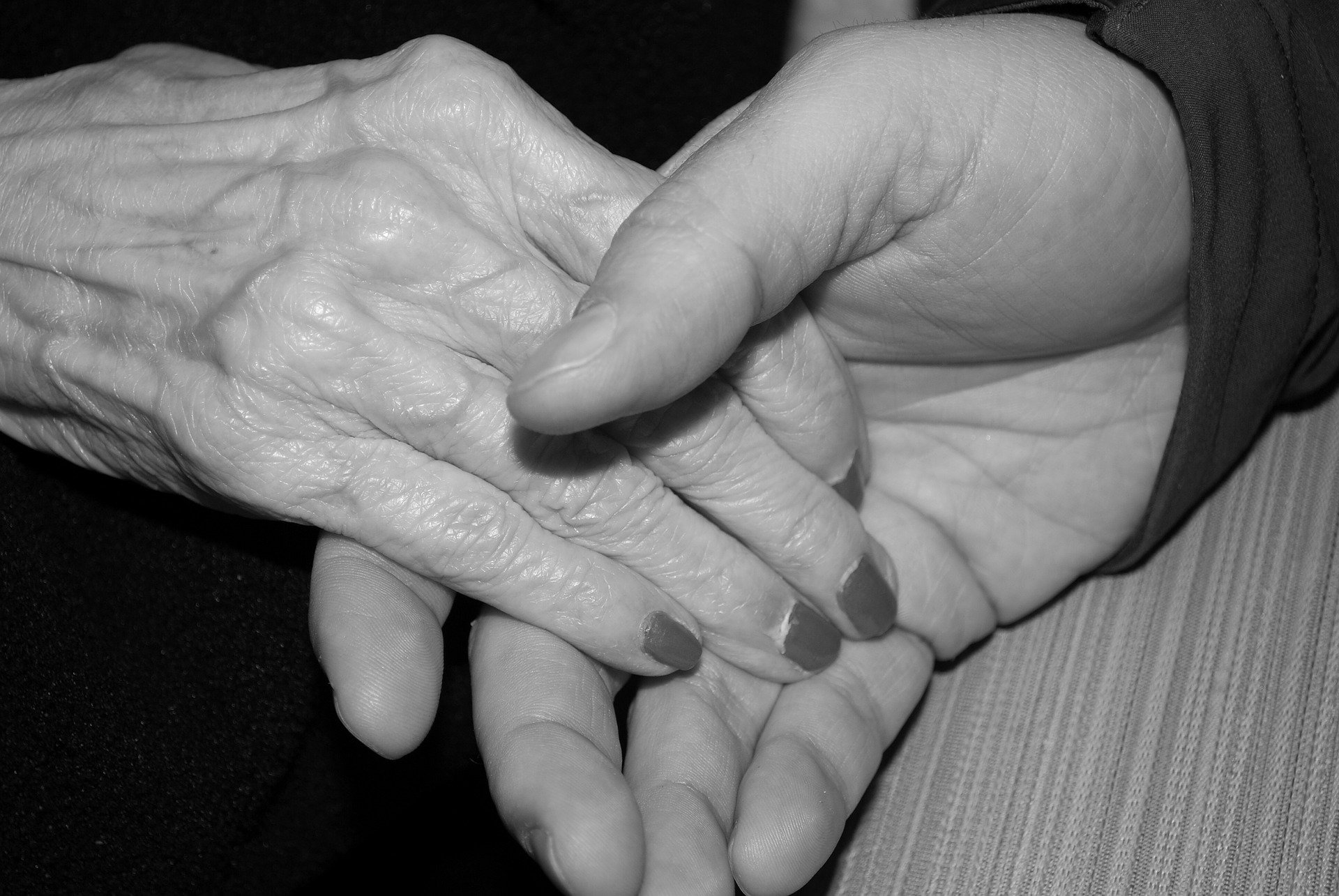Emergency ID - For Those at Risk of Dementia
The common perception of dementia only beginning to affect people in the latter stages of their life has been disproved by recent research. A study, published in the science journal, Neurology, has uncovered the existence of a gene that may predispose people to many forms of dementia (including Alzheimer’s Disease) from as young as three years old.
Researchers from Yale, Hawaii, and Harvard universities have combined to discover that those with the APOEe4 gene mutation have a heightened chance of developing dementia later in life by a factor of fifteen. They tend to score less well on memory and cognitive tests with the areas of the brain most affected by Alzheimer’s Disease — such as the hippocampus — reduced by as much as 22 percent.
The research has been described as a breakthrough in dementia as it helps identify those who are more likely to contract the disease and will help target treatment towards reversing the problems associated with the gene mutation. The researchers claim that children identified with the gene may now be given early education assistance. For these children, there will be a focus on monitoring health and an increase in daily exercise to mitigate the effects of dementia-related diseases of the brain such as Alzheimer’s, which is the most common form of dementia.
While researchers still don’t understand fully the cause of the disease, recent research has shown factors such as the APOEe4 gene mutation slow the growth of the brain in vital areas.
What to expect with dementia patients
There are a number of behavioural changes associated with the onset of dementia. All of which place great strain on the family and carers of the patient. Dementia will affect people in different ways, however the sufferer may exhibit changes in behaviour that may be completely different to their personality during times of good health.
Such is the insidious nature of the disease that the sufferer may demonstrate a range of unnatural behavioural changes such as extreme anger or paranoia.
This sometimes radical change may be triggered by an attack of fear or stress, or sense of loss in the patient. It is important to reassure them during this stage and provide a safe, secure caring environment.
Who’s most at risk?
This latest research has shown that children as young as three years old can start to develop symptoms of dementia with the mutation causing steady shrinking of their brain. While this indicates the early nature of the onset of dementia, this latest research has given cause for optimism. This is because those who are predisposed towards dementia can now be identified at an early age and treatments can be tailored accordingly.
Emergency ID
This tailored treatment, combined with carer strategies such as providing the patient with a calm, ordered environment surrounded by people they know and trust, as well as fitting emergency ID such as medical wristbands, can go a long way to help manage the effects of the disease.
Customised emergency ID wristbands, explaining the nature of the wearer’s illness as well as contact numbers, can be lifesavers in situations where the dementia sufferer has wandered far from home and finds themselves in a dangerous situation. The wristband then forms an important backup plan for the patient’s carers to help them manage the disease.
The latest research has underlined the importance of caring for patients with dementia and the need for strategies to cope with the illness. Emergency ID are the key to an all-round approach to caring for people with dementia. These quality emergency ID bands are now available in a range of colours and sizes to suit all ages.

